With their ethnic and artistic communities coming under attack over the past few years, they’ve needed to be bold. Throughout the COVID-19 pandemic, harassment, verbal abuse and hate speech plagued Asian American communities across the country. And for the past year, drag performers have faced an unprecedented wave of hate and intimidation because of right-wing protests over “drag queen story hour” events.
Drag may be under attack, but the Asian American drag artists who spoke to HuffPost refuse to go underground. They’ve worked too hard to back down now.
“As a first-generation Vietnamese American, I have been conditioned to never show vulnerability and to assimilate to play nice, but we need to remember our voices are strong and we are powerful right now,” said Kanika Peach, a 28-year-old drag artist who lives in New York City.
Legislation targeting transgender and other LGBTQ+ rights more than doubled since 2022. And though many drag artists have been at the forefront of speaking out, Peach said other people need to voice their support, too.
“There are laws all around the nation actively attacking our trans siblings. So if you consider yourself an ally, now is the time to act,” she said. “Call your loved ones, go to a rally, allocate funds to the trans community — but whatever you do, don’t stand still.”
And by all means, support Asian American and Pacific Islander queens by seeing their shows. There’s never been a better time to do it, given how many fresh, new voices are in the scene, said Kekoa, an Indonesian-born drag artist who performs in New York City.
“Representation for Asian American drag performers has definitely been on the rise,” said Kekoa, who uses they/them pronouns. “Take, for example, the latest season of ‘RuPaul’s Drag Race,’ where the top two contenders were both representatives of the AAPI community.”
They added, “I think we now have a post-COVID understanding of Asian representation in society, especially in media, where we can finally see our flowers being given.”
Kekoa said there’s a phrase in Indonesia ― “bhinneka tunggal ika” ― which means “unity in diversity.” That term feels just right to describe what’s happening with Asian American representation in the queer and drag scene right now, they said.
“Every week, my social media is being flooded with more queer Asian content, and I couldn’t be happier to see it!” they said.
Here, HuffPost is highlighting Kekoa, Peach and other Asian American drag artists who are changing the game, adversity be damned.
(Their responses have been edited lightly for clarity and length.)

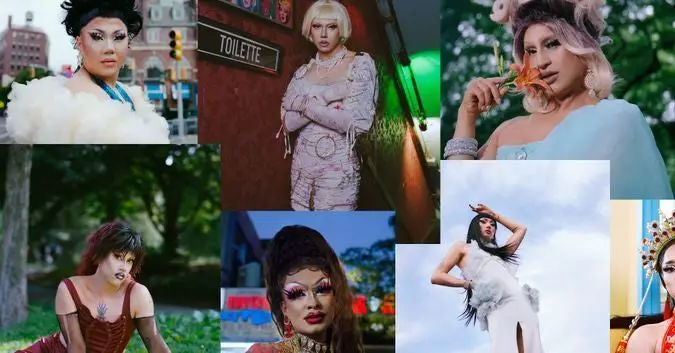
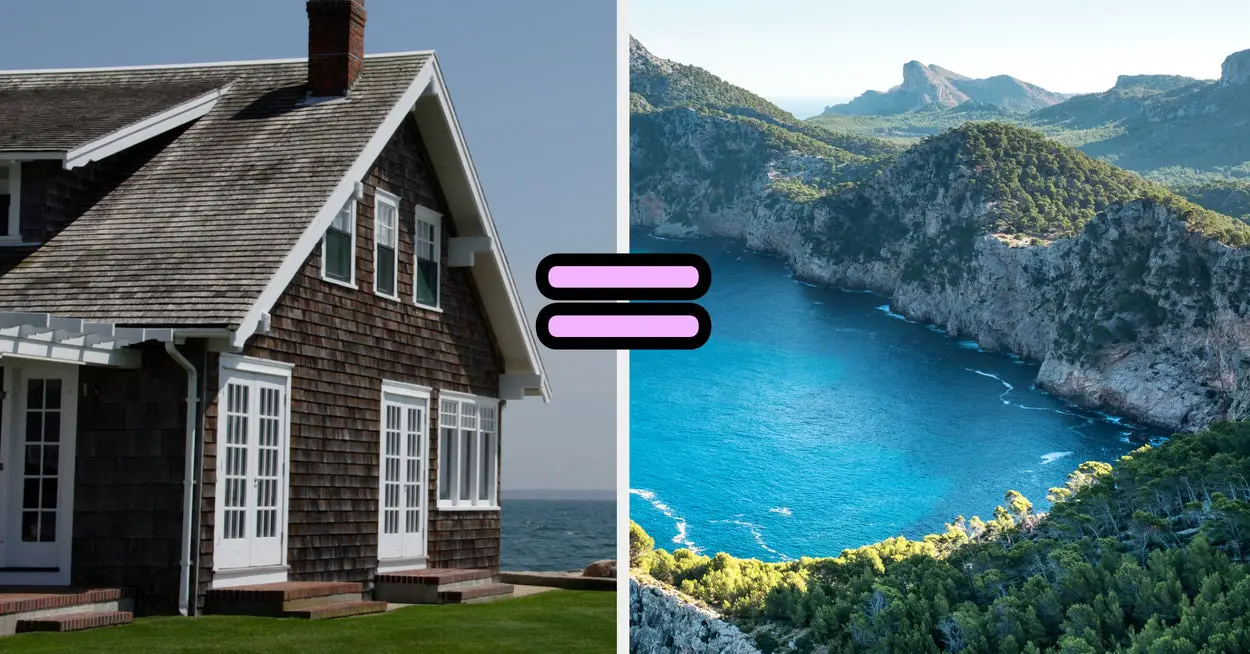
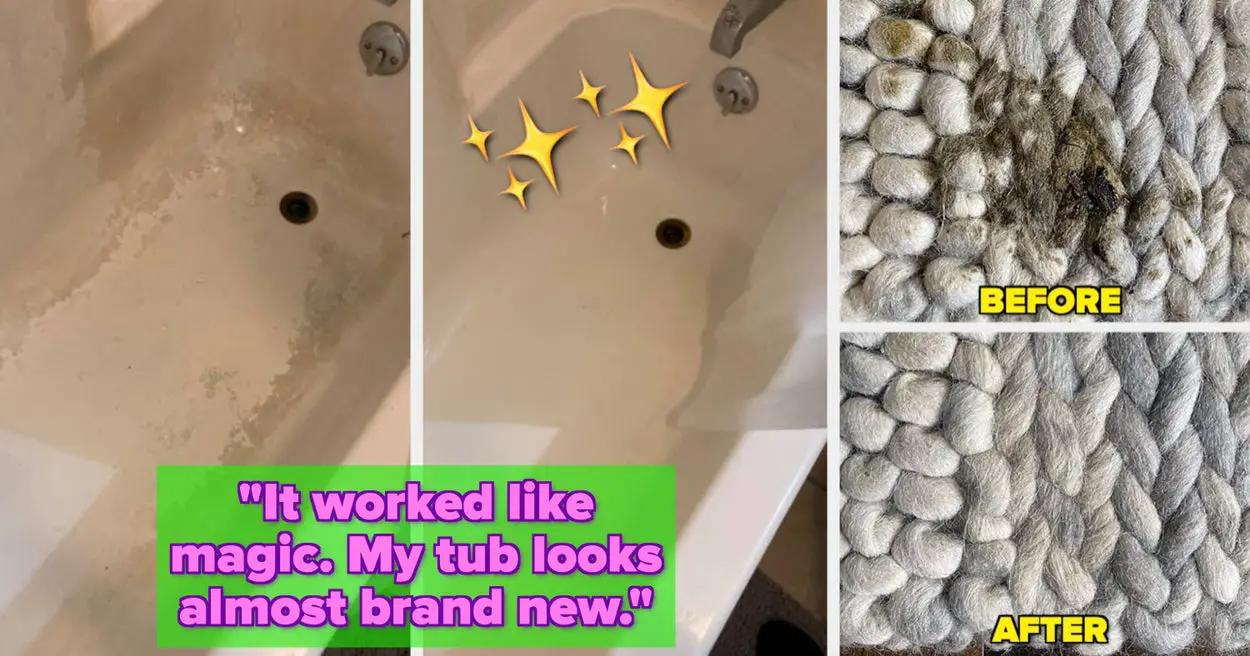
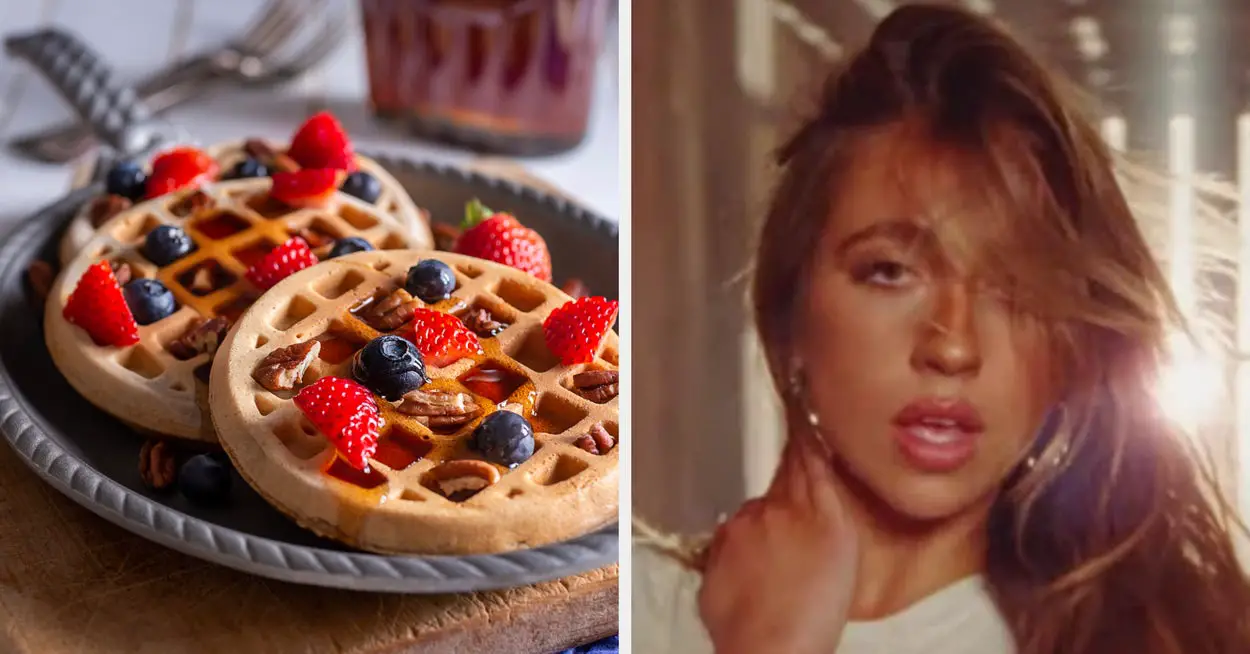
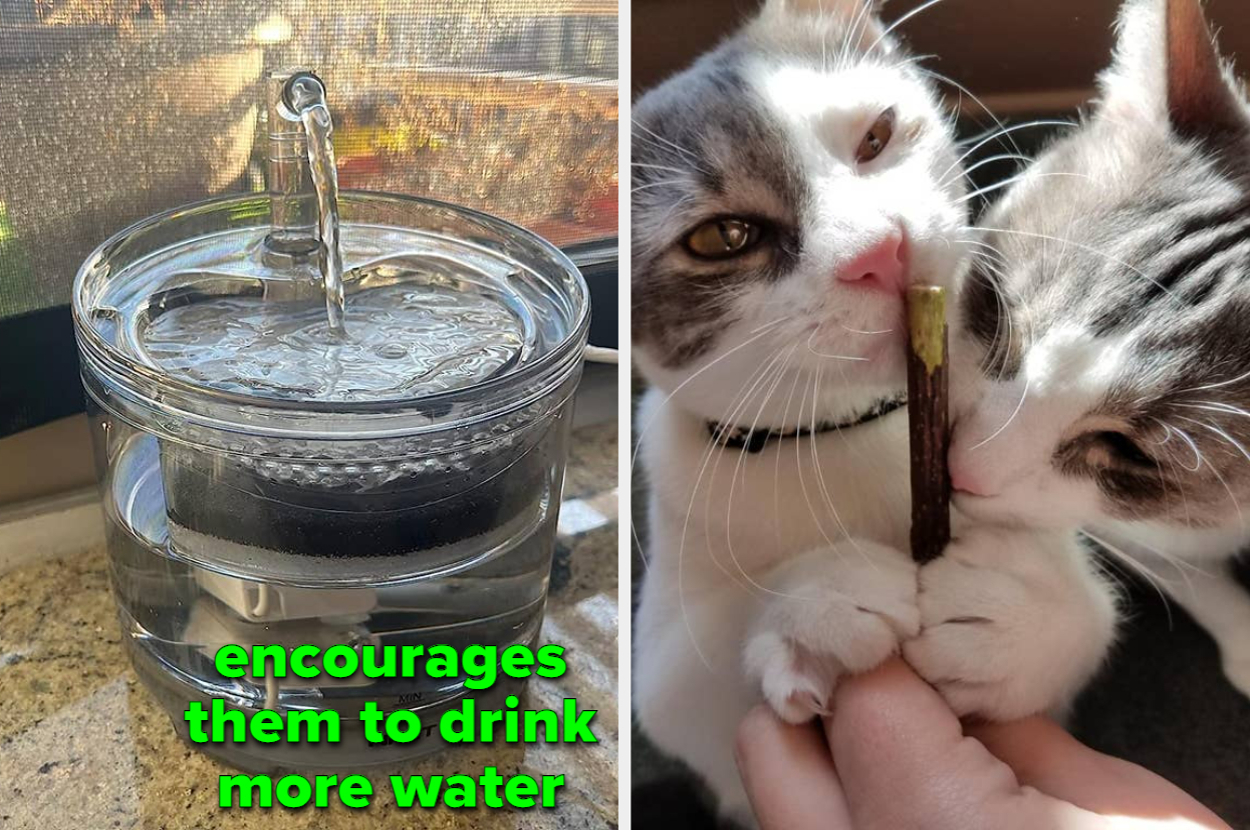
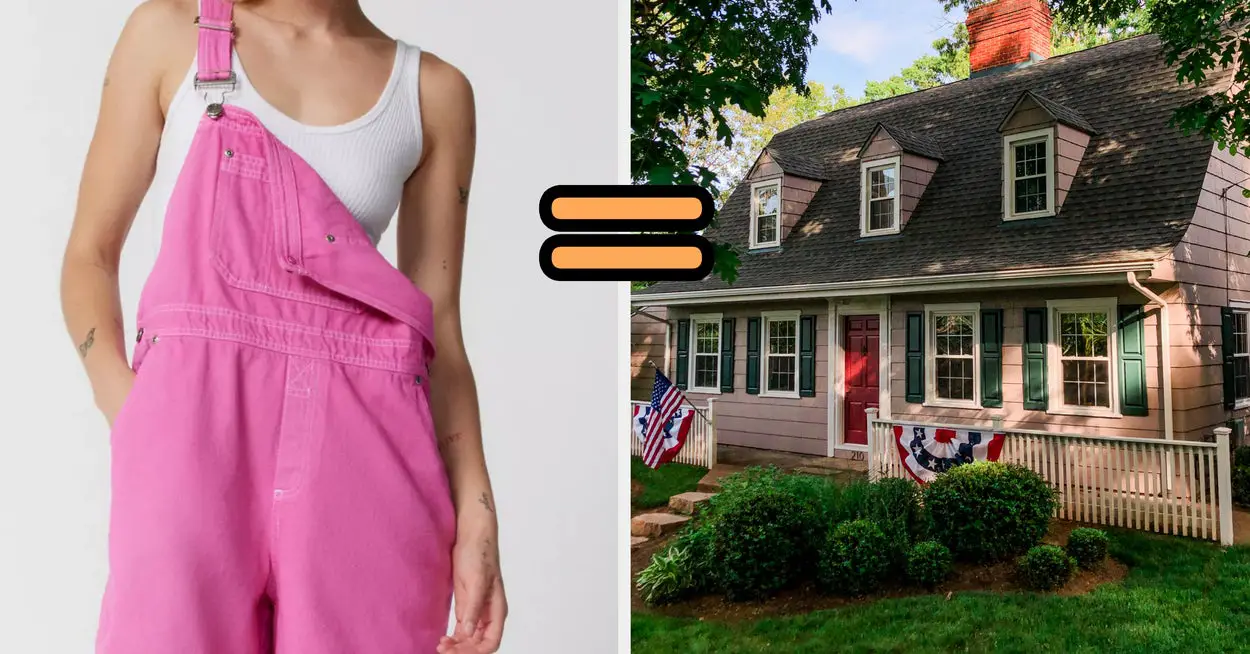
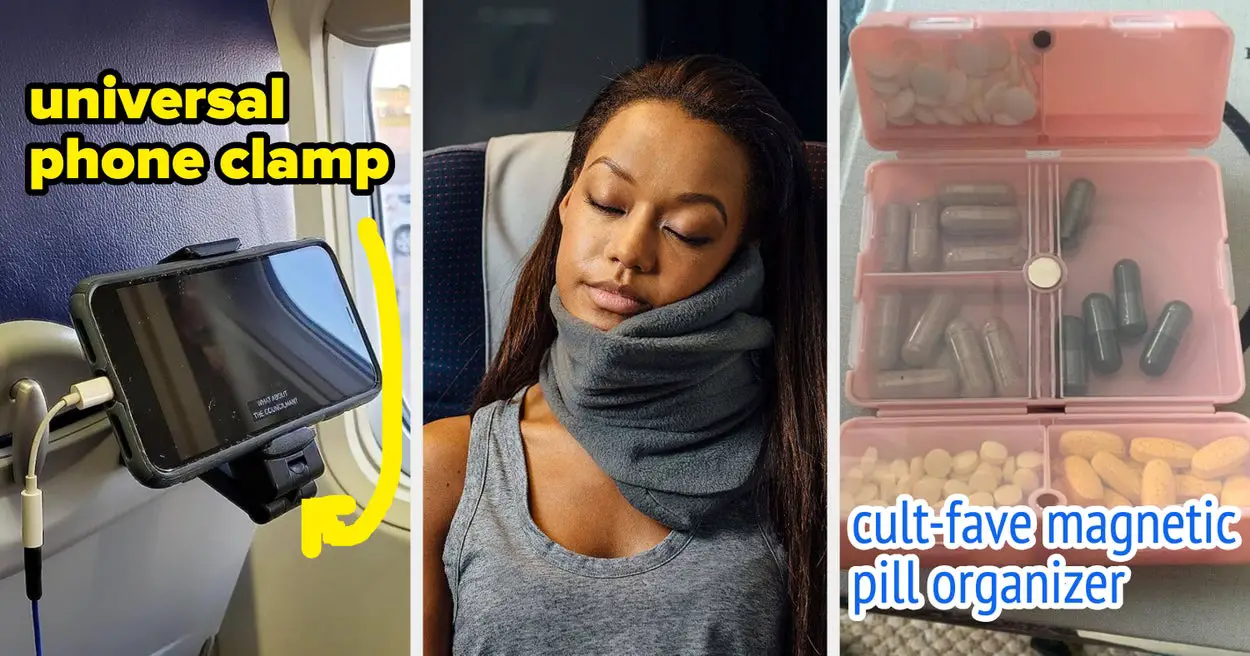
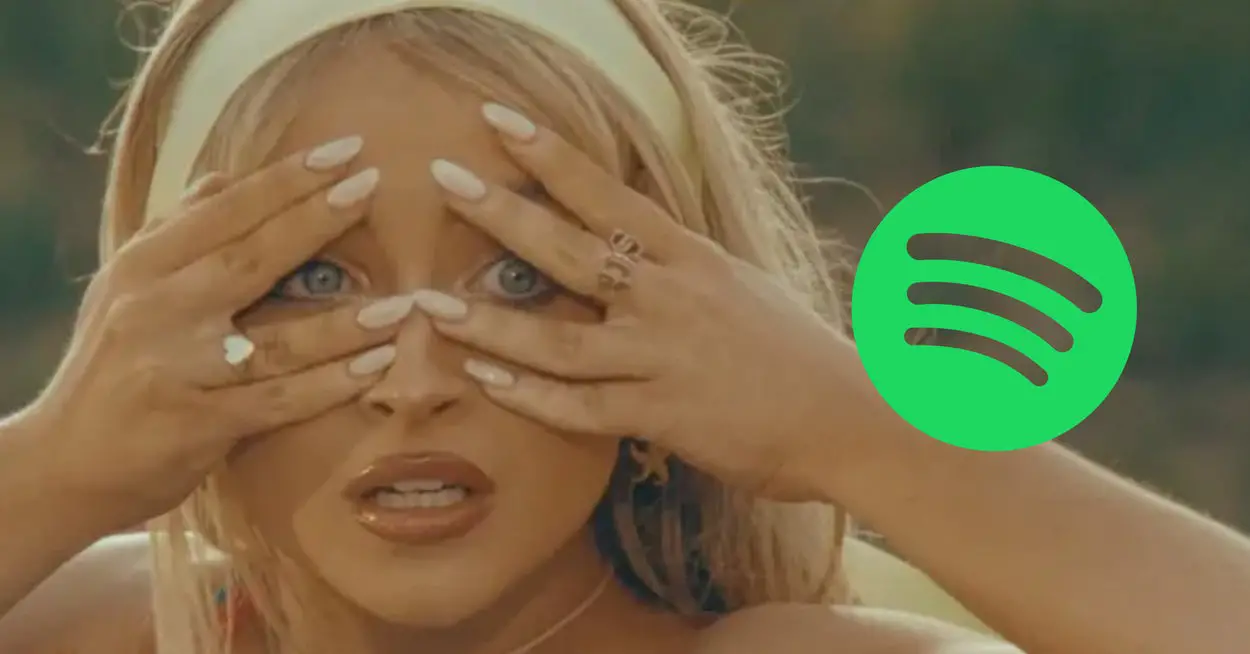

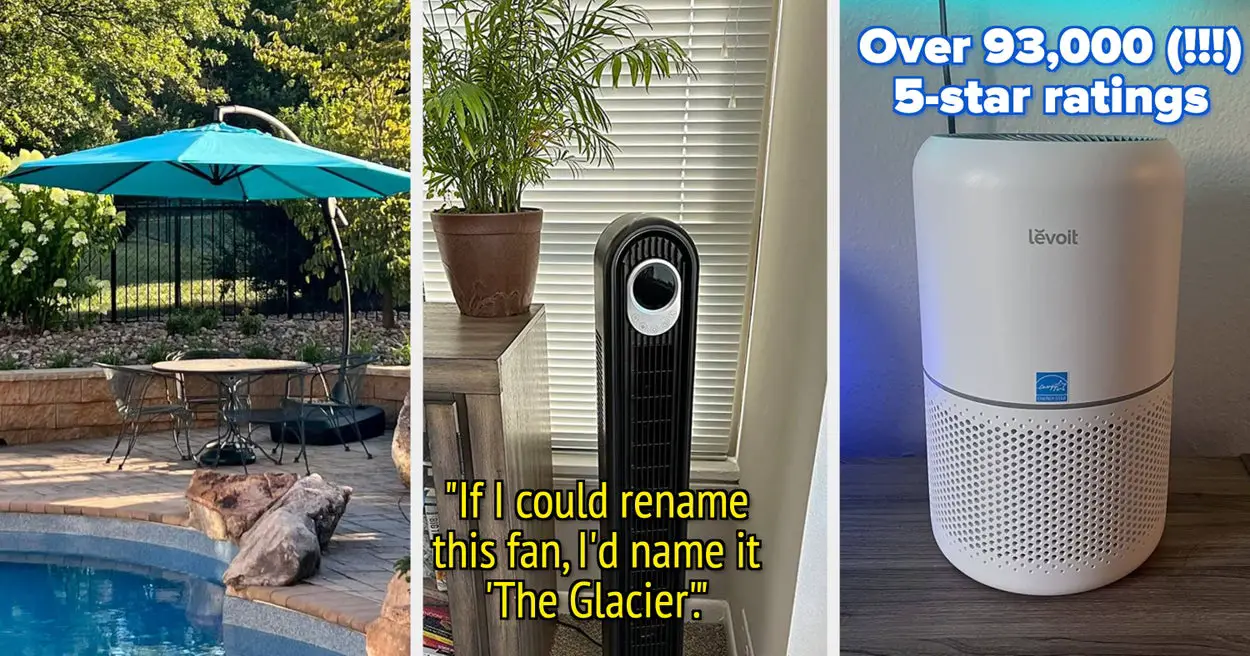
Leave a Reply